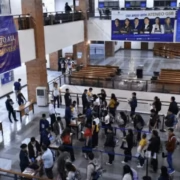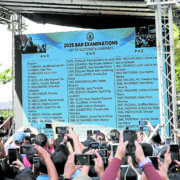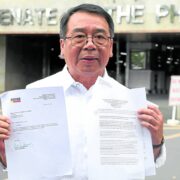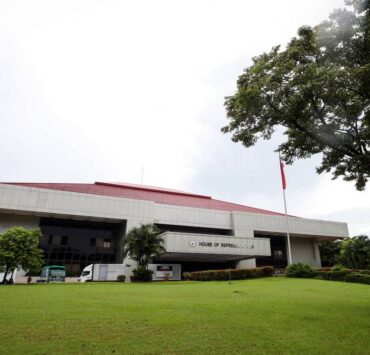When pre-poll surveys go way off mark
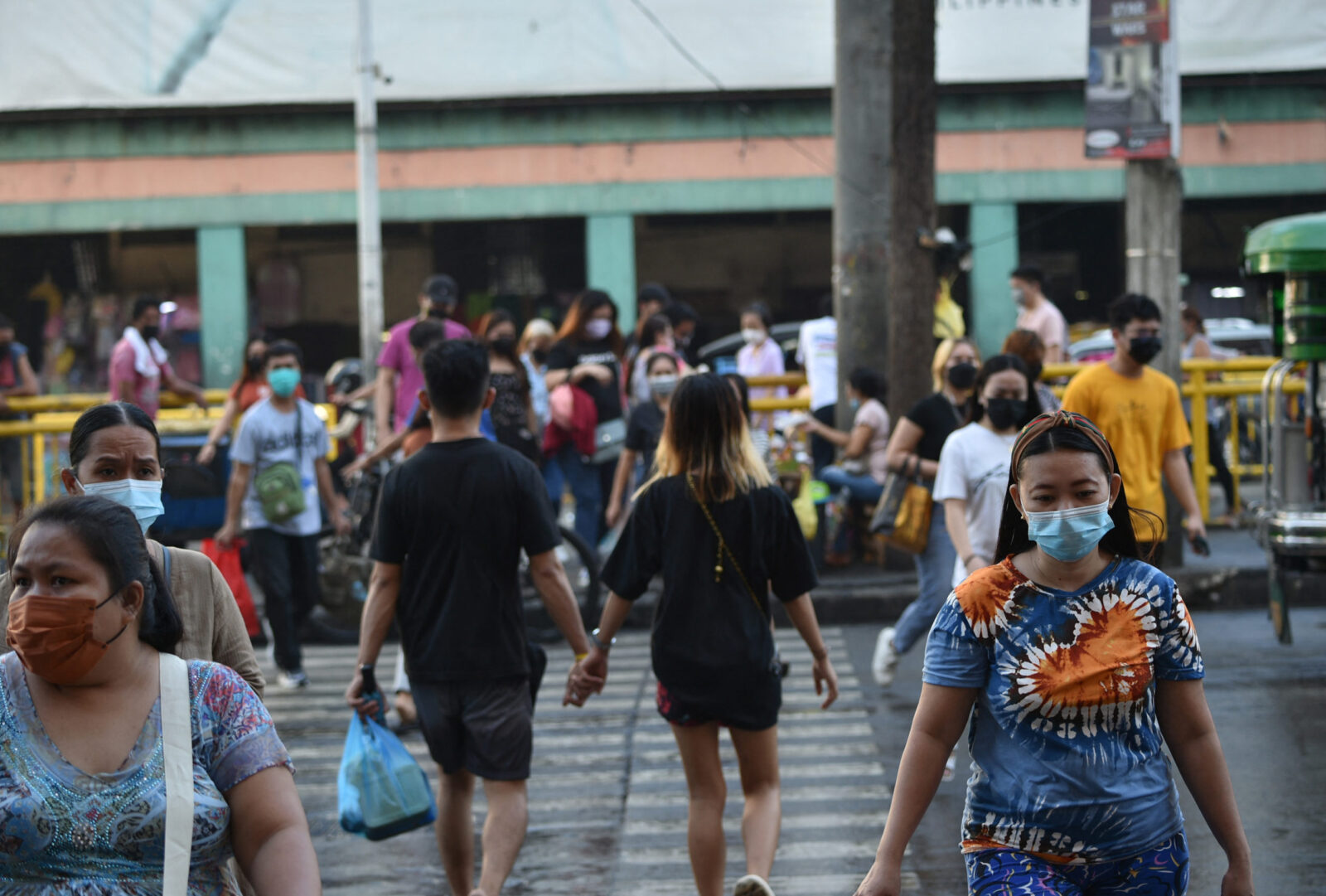
The head of polling firm Pulse Asia on Tuesday said it would review its methodology—particularly on how to better capture the “millennial/Gen Z” vote—after the results of the 2025 midterm elections sharply differed from its projections.
Speaking to the Inquirer, political scientist and Pulse Asia president Ronald Holmes conceded that this election “was the first time where we basically had movements in ranks that were quite significant.”
He was referring to how seven of the 12 winning senatorial candidates in the unofficial count ranked very differently compared to Pulse’s last preelection survey conducted from April 20 to 24.
Opposition candidates Paolo Benigno “Bam” Aquino IV and Francis “Kiko” Pangilinan, for example, were consistent laggards in the polls but later placed second and fifth place, respectively.
Sagip Party list Rep. Rodante Marcoleta, who had always landed outside the so-called Magic 12, emerged as a dark-horse winner, taking sixth place.
In contrast, survey front-runners Ben Tulfo, Abigail Binay and Ramon “Bong” Revilla Jr.—the latter two, Alyansa candidates ticket backed by President Marcos—as well as popular TV host Willie Revillame apparently failed to make the cut.
‘A lot happened’
Holmes acknowledged that in past elections, Pulse surveys would sometimes miss one or two candidates—such as Sen. Robin Padilla, who occupied 7th to 14th place in the 2022 polls until he topped the senatorial election that year.
“It was not that distant, not like this one, where you had someone in the 9th-16th who suddenly became second. That’s why we said before, the Bottom 6 were actually open for contention,” he said.
Holmes noted that Pulse’s last survey was done “three weeks before the elections—and a lot [had] happened [since] then.”
Aquino and Pangilinan’s “ground-level campaigning managed to cover a lot of ground, their Bicolano votes were reactivated, and… they [had] a lot of endorsements from local politicians. That combination may have contributed to that increase,” he said.
Peter Cayton, associate professor and statistician at the University of the Philippines, said surveys “are very time-sensitive and the election results are going to be dependent on really the passage of what is happening in the time before the elections.”
He said the closest survey to the elections was conducted by Social Weather Stations on May 2-6.
“But the gap between May 6 and May 12 could really suddenly change a lot of things. That could not be anticipated by surveys because they’re only frozen to the period,” Cayton told the Inquirer in an interview.
Age groups
Holmes said the current sampling methodology of Pulse Asia “doesn’t draw random sample based on age.”
This means Pulse Asia’s surveys might not have captured the millennial and Gen Z votes that have likely propelled “Bam-Kiko” to the Top 5.
Most coverage following Election Day have referred to millennial voters (those born in the 1980s) and Gen Zs (born between the mid-1990s to the 2000s) as the “youth vote”—although millennials are no longer young as they are now mostly in their forties.
Regarding the conduct of polls based on age groups, Holmes said: “The question is, should we do it now? We do get a sizable part of the age groups, from the millennials, Gen Z, the boomers, etc. But there’s also a problem if you set an age quota, which was a problem of the surveys in the United Kingdom.”
‘Postmortem’
“Because if the stratification is… uncertain, and you do quota sampling, then you can also produce certain errors in the survey,” he said.
The pollster said conducting surveys by age groups had been raised “several times, including in the last election of 2022,” the general election where Ferdinand Marcos Jr. won as president over his closest rival, then Vice President Leni Robredo.
“So those are the things that we can look into. We’ve looked into it in the past. We will look into it again, especially given these (Monday’s election) results,” Holmes said.
Cayton added: “I think the surveys may have to at least do some internal checks—what they call the postmortem analysis where the results deviated from the projections. And these are typical practices.”

